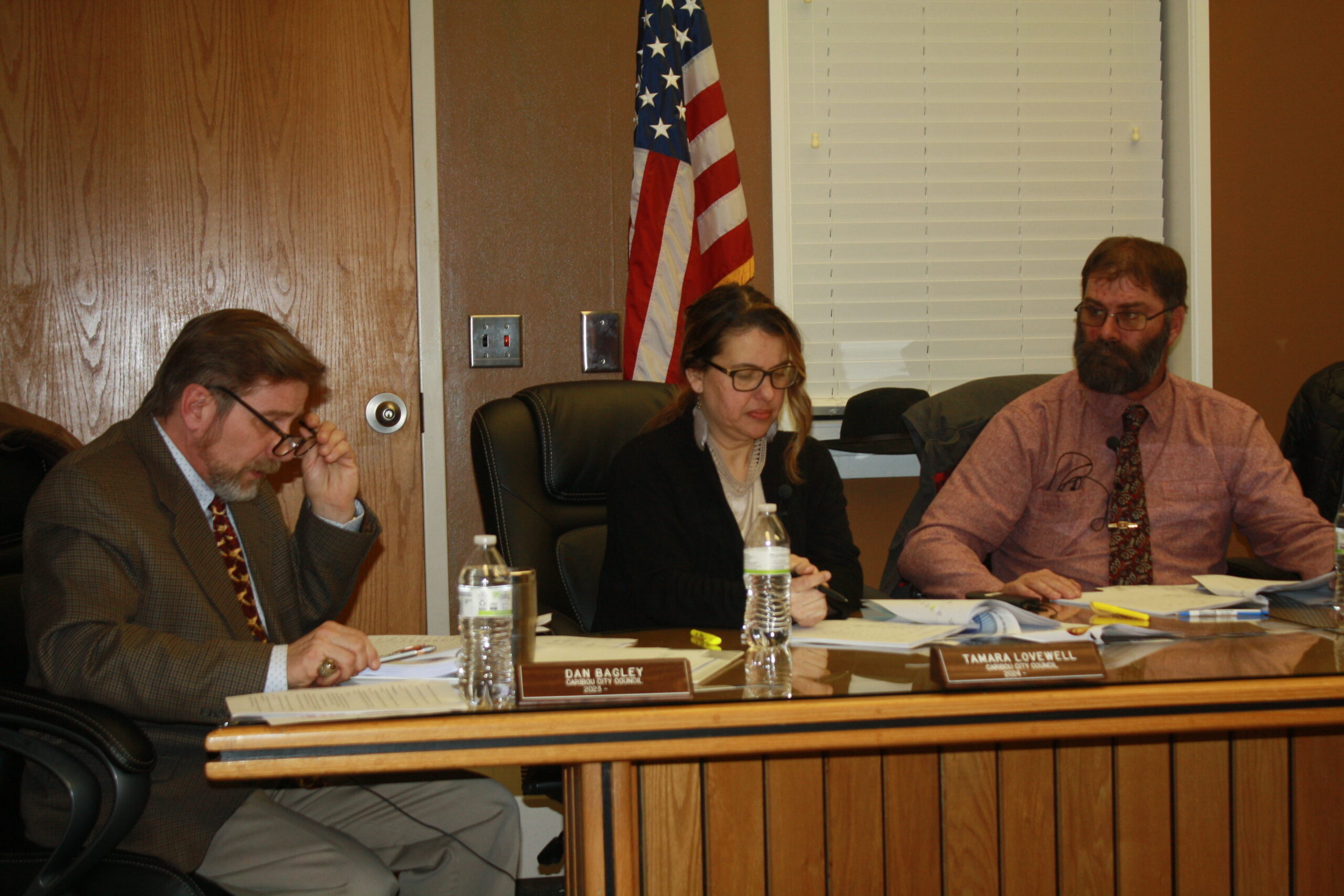
CARIBOU, Maine – Caribou City Council will hold a special meeting and public hearing Monday, March 18 at 6 p.m. to hear comments and vote on the 2024 municipal budget.
Currently, the city’s proposed expense budget totals $11,633,658, a 4.7-percent increase over the $11,110,553 that councilors approved for 2023. At the end of last year, city departments had spent $10,167,775 of that budget.
Most of the proposed 2024 increases come from expected wage and benefits increases. Many employees, including police officers, firefighters and paramedics and public works, are part of collective bargaining unions that negotiate contracts with city management. Employees not part of unions still have the option to take Maine state retirement and health insurance benefits, said City Manager Penny Thompson.
With the police and fire departments short staffed, the city needs to budget for when both departments become fully staffed with employees who accept retirement and health benefits, Thompson said.
In past meetings, Police Chief Michael Gahagan said that his department is down three officers. Caribou Fire & Ambulance hired three new firefighters and paramedics in 2023 but lost one in December, said Chief Brian Lajoie.
The $11.6 million proposed expense budget includes total budgets for all city departments, including: $1.9 million, Caribou Police Department; $2.5 million, Caribou Fire & Ambulance; $319,240, Caribou Public Library; $2.9 million, Caribou Public Works; $669,007, Recreation; $193,260, Parks; $57,686, Nylander Museum; $979,310, General Government; $265,729, tax assessing and code enforcement and $95,551, Caribou Municipal Airport.
Councilor Dan Bagley recalled Library Director Peter Baldwin’s suggestion to promote one employee from part time to full time and increase their wages.
According to city budget documents, that increase would make the library’s salaries and wages jump 37.1 percent from $144,061 to $197,536. Baldwin, who also directs the Nylander, said another full-time employee would assist in his absence.
“I understand and support what’s being done, but I’m wondering if this is an area [of the city’s budget] we can reduce in a more modest way but still achieve the library’s goals,” Bagley said during Monday’s council meeting.
Councilor Tamara Lovewell suggested that Thompson review requests within several departmental budgets that either equal or exceed what was spent last year, and see if department officials can make reductions.
The city also has several “enterprise accounts” that do not affect the yearly mill rate, including Housing, Section 8 and snowmobile trail maintenance, all of which are covered by federal or state grants, Thompson noted.
Economic development is another enterprise account, which receives funds from the city’s four tax increment financing, or TIF, districts. This year’s proposed Economic Development budget is $341,077, which the city can use toward facade improvement and other development initiatives, Thompson said.
As part of the state’s Municipal Tax Increment Financing program, developers with businesses located within a TIF district can receive a portion of their assessed tax value from new development over no more than 30 years. Communities also receive a portion of the new tax value.
“TIF funds are sheltered from local tax valuation, so any revenue we receive from the districts are for economic development activities,” Thompson said.
The city council’s capital budget committee is recommending a budget of $1,234,980 for capital improvements, a decrease from the original $1,630,230 that department officials proposed.
Capital committee members suggested eliminating $25,000 for library building improvements, $10,000 for heat pumps at the Nylander Museum, $15,000 toward purchasing a code enforcement officer’s vehicle in 2026, $20,000 for municipal building facade improvements, $10,000 for Parks & Recreation’s trail groomer reserve account, $18,200 for emergency management headquarters, $100,000 toward a new fire truck, $100,000 toward a new ambulance and $62,640 to replace the fire chief’s vehicle.
Thompson is projecting $11,357,870 in total city revenues for 2024, compared with $12,286,366 in 2023 revenues.
In related business, the council voted unanimously to pay a 6-month county tax bill of $415,845 in three-year installments starting in September.
Aroostook’s county government is switching from a calendar year to a fiscal year budget. In November, commissioners approved a special 6-month budget to cover the county’s expenses from January to June 2024.
That means municipalities are being sent two tax bills: one for January to June 2024 and another for the July 1, 2024 to June 30, 2025 fiscal year, Thompson noted.
Caribou does not yet know the total of its fiscal year 2024-2025 tax bill but payment will be due in full on September 1.
County taxes are one part of the city’s budget that elected officials cannot control, said Councilor John Morrill. He suggested that councilors invite a representative of county government to explain the fiscal year transition and factors that influence the county’s budget. Thompson and the council agreed to invite a county representative to a future meeting.
City councilors expect to vote on the city’s municipal budget next Monday, March 18 after a public hearing at 6 p.m. at Caribou Municipal Building, 25 High St.
Copies of the proposed budgets are available on the city’s website.







